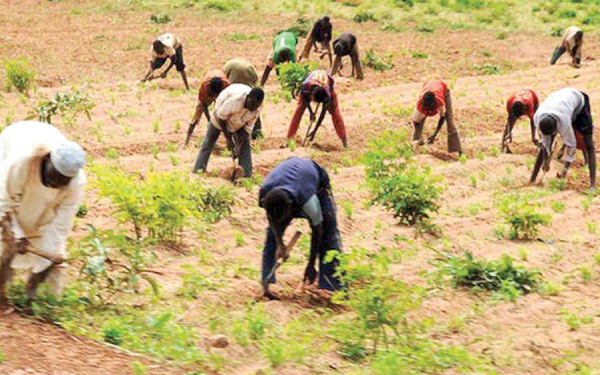As part of the Federal government’s Agro-Climatic Resilience in Semi-Arid LANDSCAPES project, over 50,000 hectares of land are under cultivation in Niger State.
The project is financed by a $700 million loan from the World Bank for 19 northern states, including the Federal Capital Territory. A sustainable strategy for addressing the problems caused by climate change.
Large areas of land that deforestation has damaged are now being recovered.
The Agro-Climatic Resilience in Semi-Arid Landscapes Project of the federal government provides improved seedlings of low hanging fruits to farmers in rural areas through a loan of 700 million dollars from the world Bank to service interventions in areas affected by climate change.
This project is implemented across the 19 northern states and the FCT.
The farming intervention includes provision of fertilizer, herbicide and improved seedlings of fruits that the people already farm.
For example the people of Paupoi village are majorly mango farmers. They were given 1,200 seeds of a variety called apple mango to be cultivated on 5 hectares of land.
This intervention is empowering the local women to support their families and educate their children.
The 700 million dollars loan will be repaid after 40 years by the governments of the participating states.





